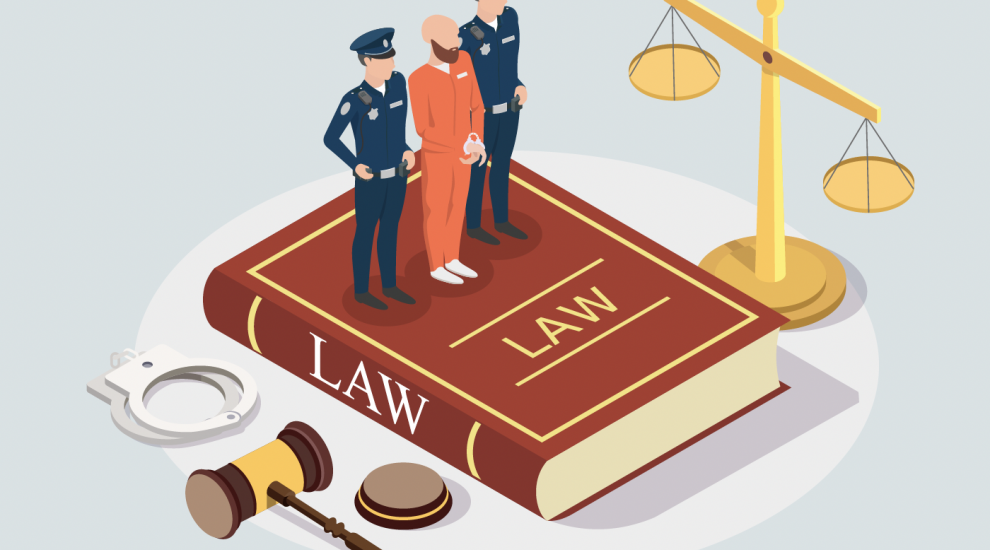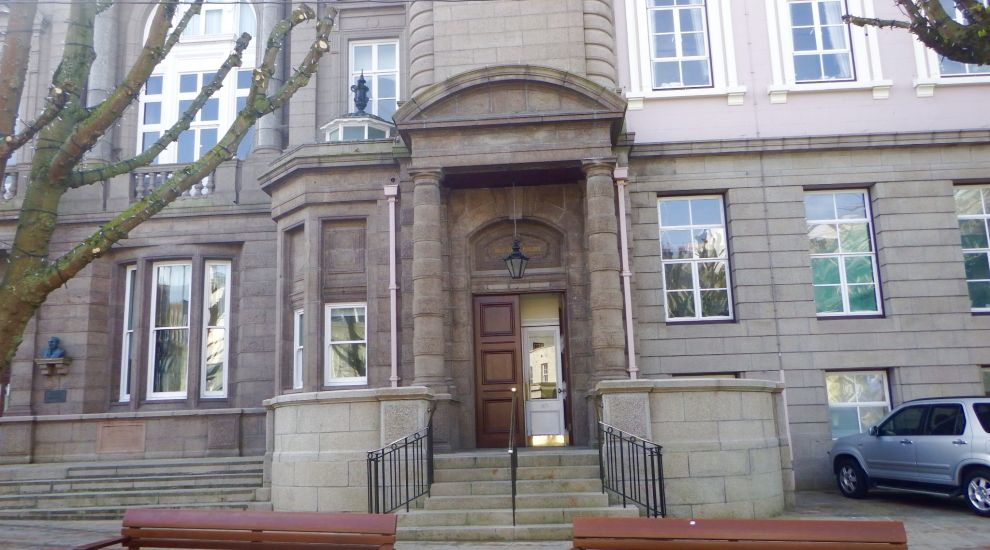


The local media has recently reported announcements by the States of Jersey Police concerning changes in their approach to prosecuting sexual offences with, it appears, particular concentration on offences of rape.
The news stories reported that statistically there was a low rate of conviction for alleged offences, and steps were to be introduced to improve that low level of success.
I agree the police and prosecution should continue to review their processes in prosecuting alleged offenders and take steps to improve the systems to ensure those who have committed these extremely serious offences are convicted.
However, there is a serious danger of misconstruing the issues. Further, some recent public comments appear to demonstrate a worrying prejudice against people charged with sex offences.
For instance, any statements which call for improvements in conviction rates at trial must be based on a premise that offenders are being improperly acquitted. That suggests a strong prejudice against those who have stood trial and been acquitted because those who support the statement must feel many acquitted were actually guilty, and so escaped conviction.
Furthermore, such a statement demonstrates the mantra ‘innocent until proven guilty’ is of little worth. Perhaps it should be changed to ‘if charged, must be guilty, no matter the outcome’? It is for these reasons I have continually advocated a need for anonymity in criminal trials until conviction.
Bailiwick Express reported a couple of years ago the consideration by a scrutiny panel to scrap jury trials for rape cases. The report noted that of the 13 cases of rape, and one case of attempted rape, brought to the Royal Court since 2013, just four trials resulted in convictions. In response to that outcome, HM Attorney General was reported as describing that as ‘disappointing’.
How on earth can it be disappointing?
How can the outcome of a properly conducted trial, leading to acquittal, be described as ‘disappointing’? It implies clearly it wouldn’t be disappointing if more of those defendants were convicted! I am at a loss to see how the AG can be disappointed by a non- conviction after a trial. What is worrying is that it is suggested the jury system be jettisoned and defendants be tried by a different method (presumably to achieve less disappointing outcomes).

Pictured: "The police are there to investigate. The prosecution is there to present the Crown’s case, and the defence to present the defendant’s case. None of those are there to judge the defendant."
Let’s look at it from the opposite perspective, and imagine a person who has faced trial and been convicted by a legal majority of the jury: are we concerned about that conviction? If there was a string of such convictions, would we be concerned to take steps to reduce the conviction rate? Would people be saying there was too high a rate of success? If not, why the other way round?
I accept of course the burden is higher for the prosecution, than the defence, in criminal trials but just because people are being acquitted does not mean the system at trial is wrong. The jury system has been designed to reduce the risk of improper convictions, and history has shown that despite this, people are still wrongly convicted.
My point is that it is simply wrong for those outside of the jury to make announcements that those charged, tried and acquitted should have been convicted. If those type of statements were to be made by the police or the prosecution, it is of more concern, because those bodies should not be forming views about guilt or innocence; and even if they do, they should certainly not be making their opinions and views public, because it creates an image of bias and prejudice against those accused by others of crime.
The police are there to investigate. The prosecution is there to present the Crown’s case, and the defence to present the defendant’s case. None of those are there to judge the defendant.
What I do agree with is the introduction of measures that make the prosecution/trial process easier for those who have been victims of serious crime. But, in this area, many changes have already been made.
Out-of-date laws were amended to make some evidential hurdles easier to clear; for instance, the introduction of offences for assaults taking place while a victim is intoxicated and therefore cannot consent. While this change makes offences committed while intoxicated easier to prosecute than before, it also helps victims by giving them encouragement and comfort that the likelihood of conviction in appropriate cases is higher than before.
On its own, this is a good thing. It is good because part of the reason for the low rates of conviction in these types of offences is not because of what takes place at trial but simply because victims are slow to engage in the prosecution process, because of possible feelings of hopelessness, fear and anxiety which is hardly surprising given the trauma victims suffer, and the long-term effects upon them.

Pictured: "What is required is a balance between the rights of victims, and defendants, so those who are guilty are properly convicted and those who have been wrongly accused are acquitted."
Another change which was made some time ago was the use of measures to make it easier for victims to give evidence at trial. It is now common for physical screens to erected in the courtroom so that victims giving evidence do not see, and cannot be seen by, the alleged assailant. In some instances evidence is given by video link. This will certainly happen in cases in which children are the alleged victims. They often pre-record the main part of their evidence many weeks or months before trial and do so in more friendly/relaxed surroundings which is then played back at trial.
These are excellent changes to help victims.
Rules of procedure and evidence were also changed a long time ago to limit the situations in which an alleged victim can be cross-examined about their previous sexual history. In certain circumstances a judge can limit the type of questions that can be asked of victims.
All the above demonstrates that what is required is a balance between the rights of victims, and defendants, so those who are guilty are properly convicted and those who have been wrongly accused are acquitted; and, importantly, those victims who have been subjected to harrowing assaults be supported and ways found to make investigating and prosecuting cases more robust.
However, what should not change is the jury system simply because observers consider the rate of convictions following trial is too low which would indicate if those people were on the jury conviction rates would be higher. Neither should change be made on the basis the AG considers those on juries have bias, misconceptions and prejudices which are apt to lead to acquittals.
Comments
Comments on this story express the views of the commentator only, not Bailiwick Publishing. We are unable to guarantee the accuracy of any of those comments.